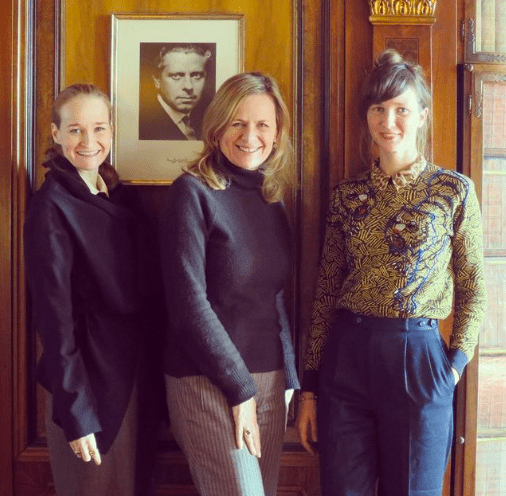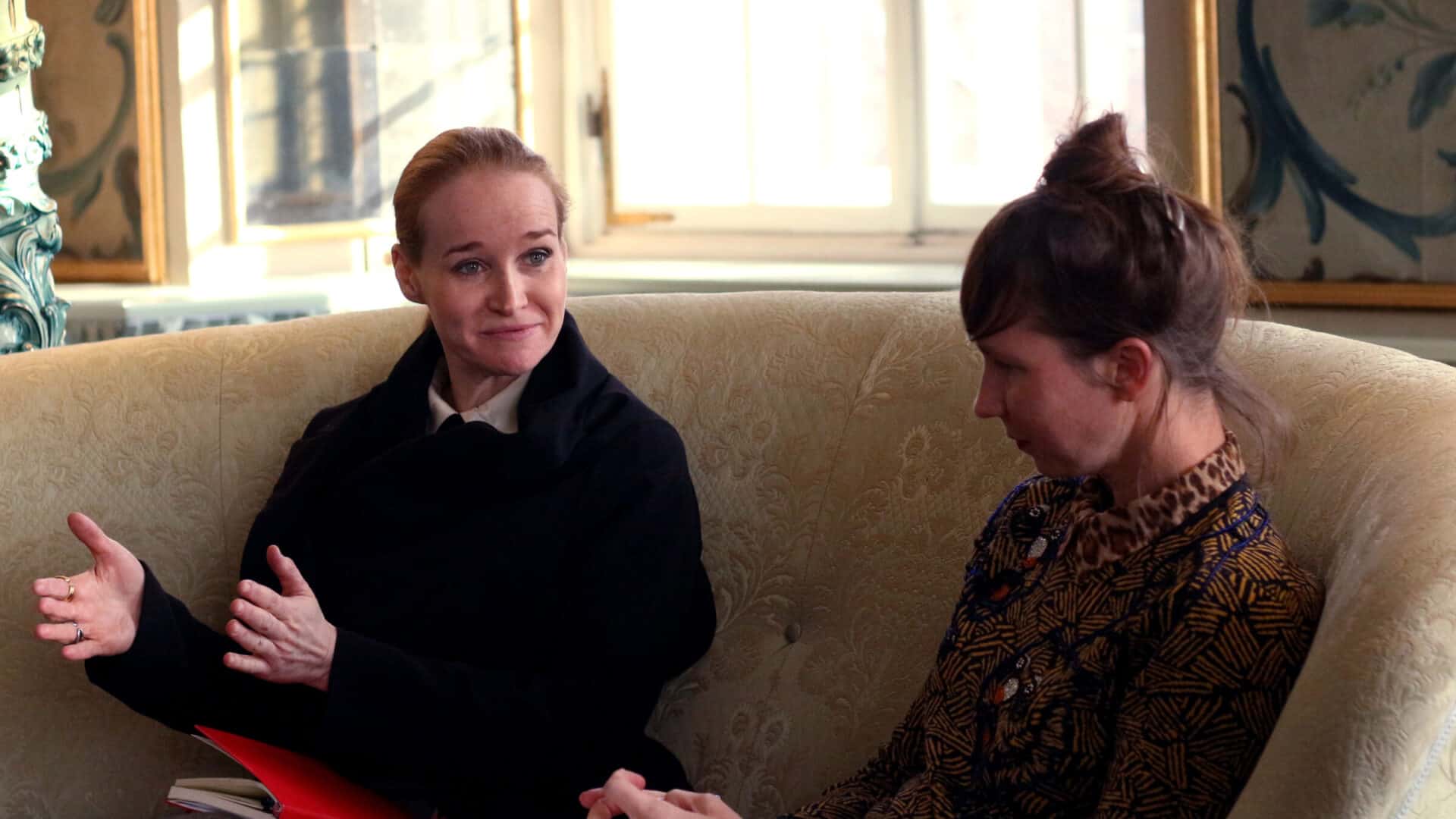Next – Project

Seminar
05 February 2017
Max Reinhardt Library
Schloss Leopoldskron
Salzburg, Austria
Creativity as a means of solving environmental issues is gaining traction quickly, as scientists look to humanize issues ranging from drought to energy transition. Yasmine Ostendorf and Jade Niklai, curators and researchers of sustainability at the Kunst Haus Wien, visited Schloss Leopoldskron in January 2017 to inspire artists to take action. Kunst Haus Wien recognizes the impact the cultural sectors can have in solving ecological issues. Ostendorf previously attended Salzburg Global in 2016 for Beyond Green: The Arts as a Catalyst for Sustainability.
Former participants of the Salzburg Global Forum for Young Cultural Innovators (YCI) were among those who attended Ostendorf and Niklai’s seminar. The Salzburg Global Forum for Young Cultural Innovators (YCI) gathers emerging leaders in the cultural sector to develop the necessary skills for innovation and entrepreneurship going into the future. Those who attended Ostendorf and Niklai’s event included photographers, architects, and festival directors.
Together this group of creative individuals delved into the importance art plays in sustainability and issues which had previously been considered solely scientific concerns. Ostendorf and Niklai led the discussion, focusing on ideas for sustainable ways of living, both in daily practices and in one’s art and work.
Participants agreed that across Europe there was a real need for policymakers to be involved in sustainable practices and modes of thinking as a starting point. In the same vein, participants considered how business planning and entrepreneurial thinking are becoming necessary factors when pushing forward ideas of change. Artists quickly need to learn how to be business-savvy to fund their causes.
The artists in attendance shared their experiences and opinions on their reliance on funding, and how government grants can both open opportunities and restrict freedom. Can grants both be targeted at specific causes while affording artists to create art with sincere integrity? What are the other options for artists if funding doesn’t allow them their full creative reign over projects? These are the questions which governed the conversation on finding the means to live as an artist and do work where sustainable causes are integral to one’s work, or at least existent in one’s practice.
Participants discussed their belief how funding needs to facilitate artists’ needs and not require unnecessary work. Regarding funding, group members also agreed one should only acquire what is necessary. No more and no less.
Ostendorf spoke about the cultural sector’s paramount role in change. She claimed art is a “medium that favors people as the center for education and change.” Art is considered crucial to humanizing problems and pushing individuals to participate in causes. Ostendorf highlighted a move by Biofaction, a lab for antibiotic research based in Vienna. She said Biofaction had put out an open call for artists to work with them. This growing collaboration between artists and scientists is opening up options and allowing for a greater variation in the possible outcomes when overcoming challenges in all sectors.
